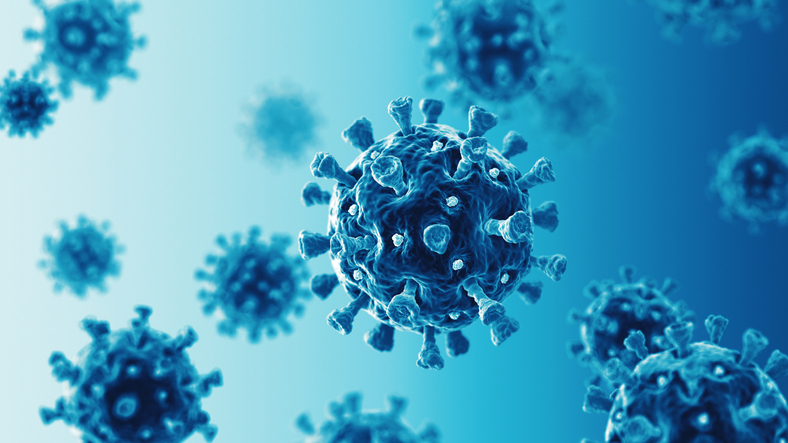Akadeum Is Joining the Fight Against COVID-19
Updated on May 19, 2025 Share
The coronavirus pandemic has highlighted a need for fast and accurate methods for identifying RNA viruses through nucleic acid capture and detection. Akadeum Life Sciences is up to the challenge.
In a relatively short time, the coronavirus pandemic has spread across the globe. This novel virus was first noted in Wuhan, China in December 2019 and arrived in the United States in January 2020. The World Health Organization (WHO) called this new coronaviral disease COVID-19, and the International Committee on the Taxonomy of Viruses (ICTV) named it SARS-CoV-2 (Severe Acute Respiratory Syndrome Corona Virus 2).
COVID-19 is a close relative of the previous SARS virus (SARS-CoV) and is also reminiscent of the MERS virus (MERS-CoV).
DNA vs. RNA Viruses
Coronaviruses, including COVID-19, are single-stranded RNA viruses. Their genome consists of RNA rather than DNA.
All viruses have a similar purpose: They infect a cell, take control of the cell, make copies of themselves, and then go on to infect other cells. However, RNA virus replication differs from DNA virus replication.
In general, DNA viruses contain mechanisms that recognize and correct errors when copying the DNA. RNA replication, on the other hand, lacks that error-correction ability. With the opportunity for mistakes, RNA viruses mutate very quickly.
Nucleic Acid Isolation and Extraction
Most COVID-19 tests in development or on the market are based on identifying infected persons through RNA virus detection.
RNA Isolation and COVID-19
Nucleic acid (DNA or RNA) isolation is the first step in the COVID-19 testing process. These tests rely on a molecular technique called reverse transcriptase polymerase chain reaction (RT-PCR) in which viral RNA is combined with DNA and then amplified several times to increase the opportunities of detection. However, before RT-PCR analysis, RNA must be extracted from a biological sample.
Challenges of RNA Extraction
Separating viral RNA from its infected cells is complicated by the cells themselves as well as the tissues surrounding the cells, which are full of ribonuclease enzymes that degrade nucleic acids. RNA isolation requires technology and processes that are delicate, gentle, and more sensitive than traditional cell isolation approaches.
That’s where we come in.
How Akadeum Technology Can Help
Akadeum is expanding upon our buoyancy-activated cell sorting (BACS™) microbubble technology to aid in nucleic acid capture, which is a key component in the diagnosis of COVID-19. Our development efforts are aimed at creating an innovative microbubble-based option for the rapid and simple isolation of nucleic acids to produce high purity samples for downstream applications.
Gentle RNA Isolation
RNA virus detection requires sensitivity during the RNA extraction process. BACS™ microbubbles offer a gentler approach to nucleic acid isolation. There are no harsh magnetic forces—just microbubbles that target and isolate RNA in the biological sample.
Corporate Partnerships
Akadeum is expanding upon our cell isolation technology to meet one of the many challenges of the COVID-19 virus: capturing and concentrating RNA.
We are actively searching for Biotech partnerships in the following areas:
- Nucleic acid based diagnostic testing
- Serology-based pathogen testing
Join us in the fight against COVID-19.




